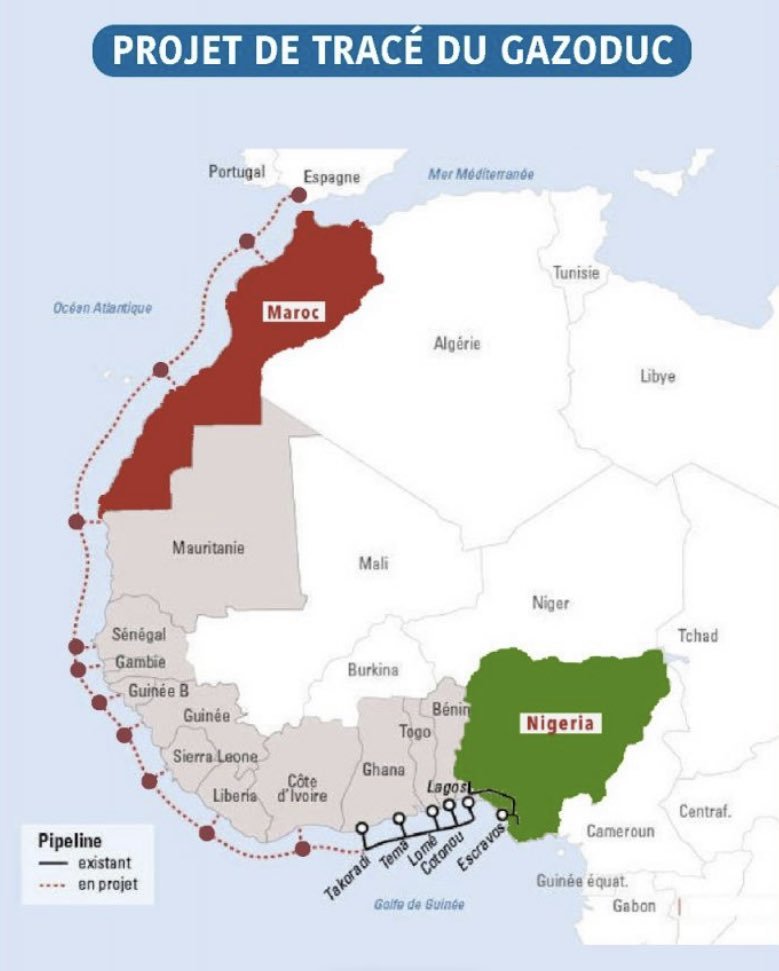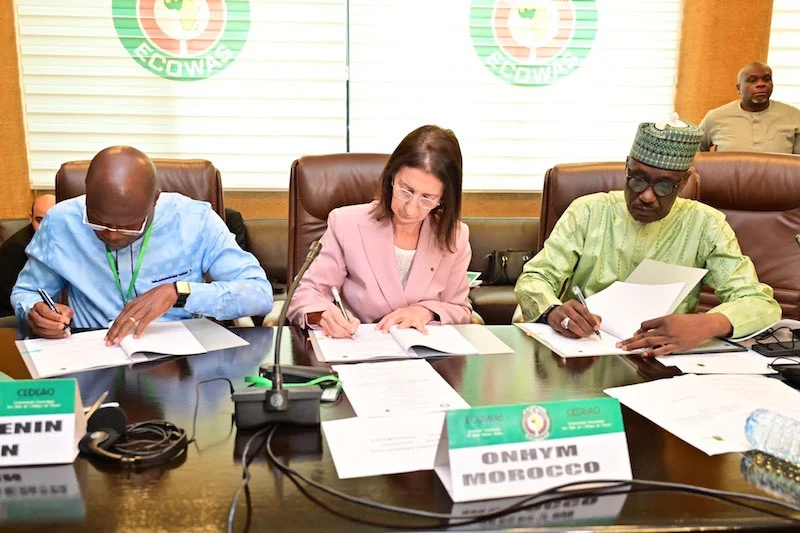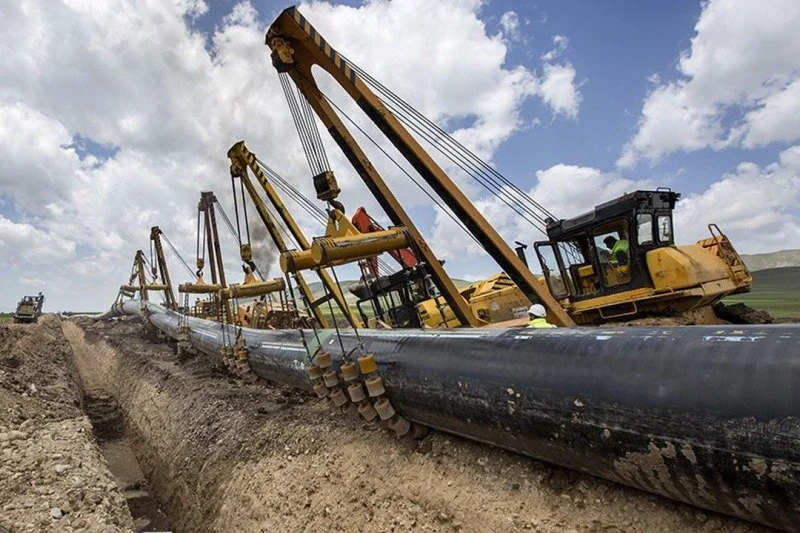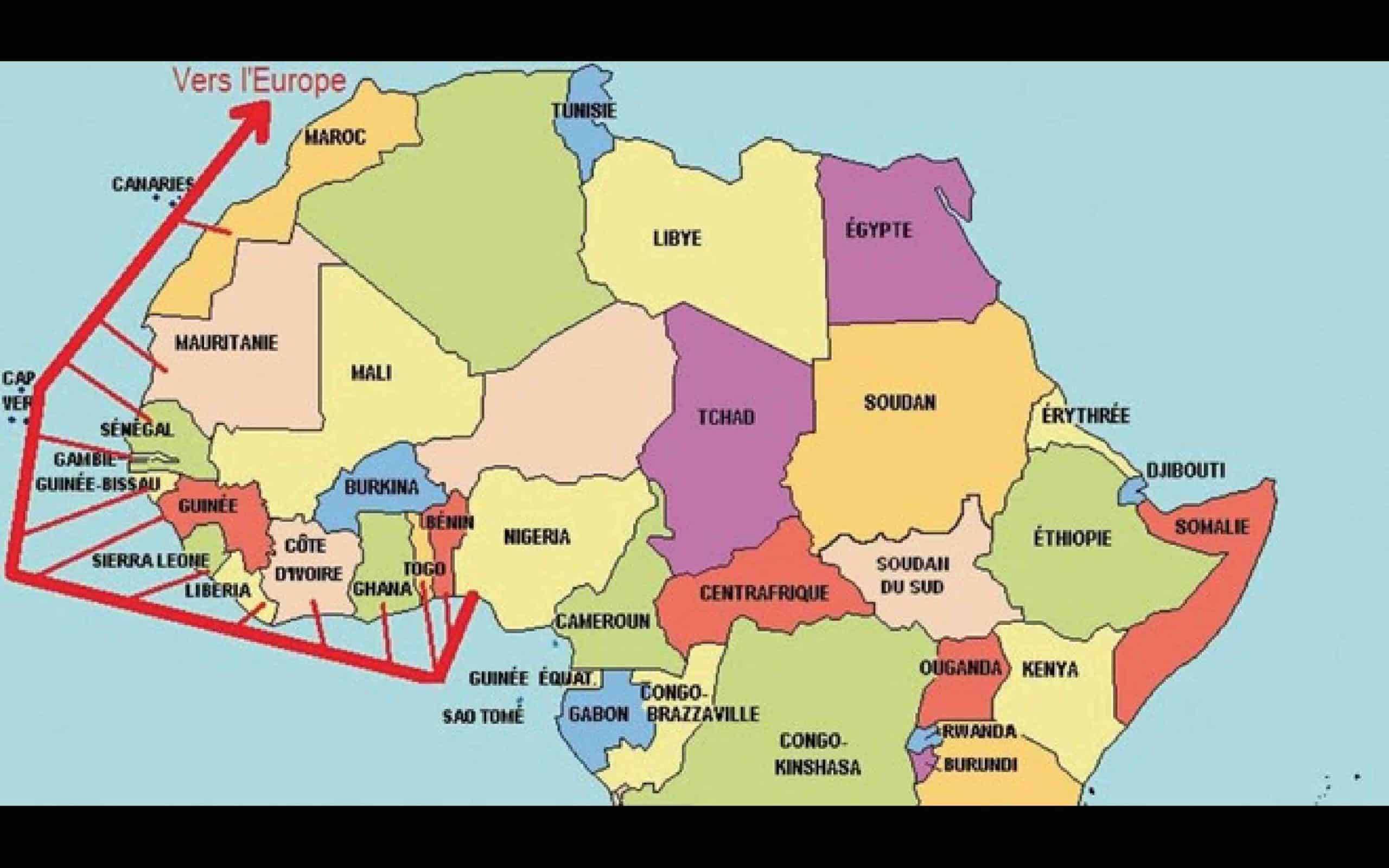Several high-level meetings on the strategic Nigeria-Morocco African Atlantic Gas Pipeline project were held in Rabat this July 15-19, with the participation of all the countries involved in the project and representatives of the Economic Community of West African States (ECOWAS), and the West African Gas Pipeline Authority (WAGPA), Morocco’s National Office of Hydrocarbons and Mines (ONHYM) announced this Saturday in a press release.
The meetings provided an opportunity to finalize Front-End Engineering Design (FEED) and to present the status of the environmental and social studies. The delegations also made progress on finalizing the future Intergovernmental Agreement (IGA) and the host countries agreement (HGA).
Following these meetings, the heads of the national companies expressed their satisfaction with the progress made, reaffirmed their firm commitment to supporting this strategic project, and underlined the considerable energy, economic, and social benefits expected for the region.
The delegations from the countries involved – Mauritania, Senegal, The Gambia, Republic of Guinea, Guinea-Bissau, Sierra Leone, Liberia, Côte d’Ivoire, Ghana, Benin and Nigeria – were chaired by the heads of their respective national oil companies, while ECOWAS was represented by Sediko Douka, Commissioner in charge of Energy, and WAGPA was represented by Chafari Hanawa, Managing Director, ONHYM said in the press release.
The meetings were also attended by representatives from the Ministry of Energy Transition, the Ministry of Foreign Affairs, the General Directorate of Taxation (DGI), the Customs and Excise Tax Administration (ADII), as well as the National Office of Electricity and Drinking Water (ONEE), OCP and MASEN, the press release added.
The Nigeria-Morocco Gas Pipeline is regarded as one of the most critical projects ever launched on the African continent. The pipeline will stretch from Nigeria up the West African coast, passing through 13 African nations up to Morocco before connecting to the European market through Spain.



